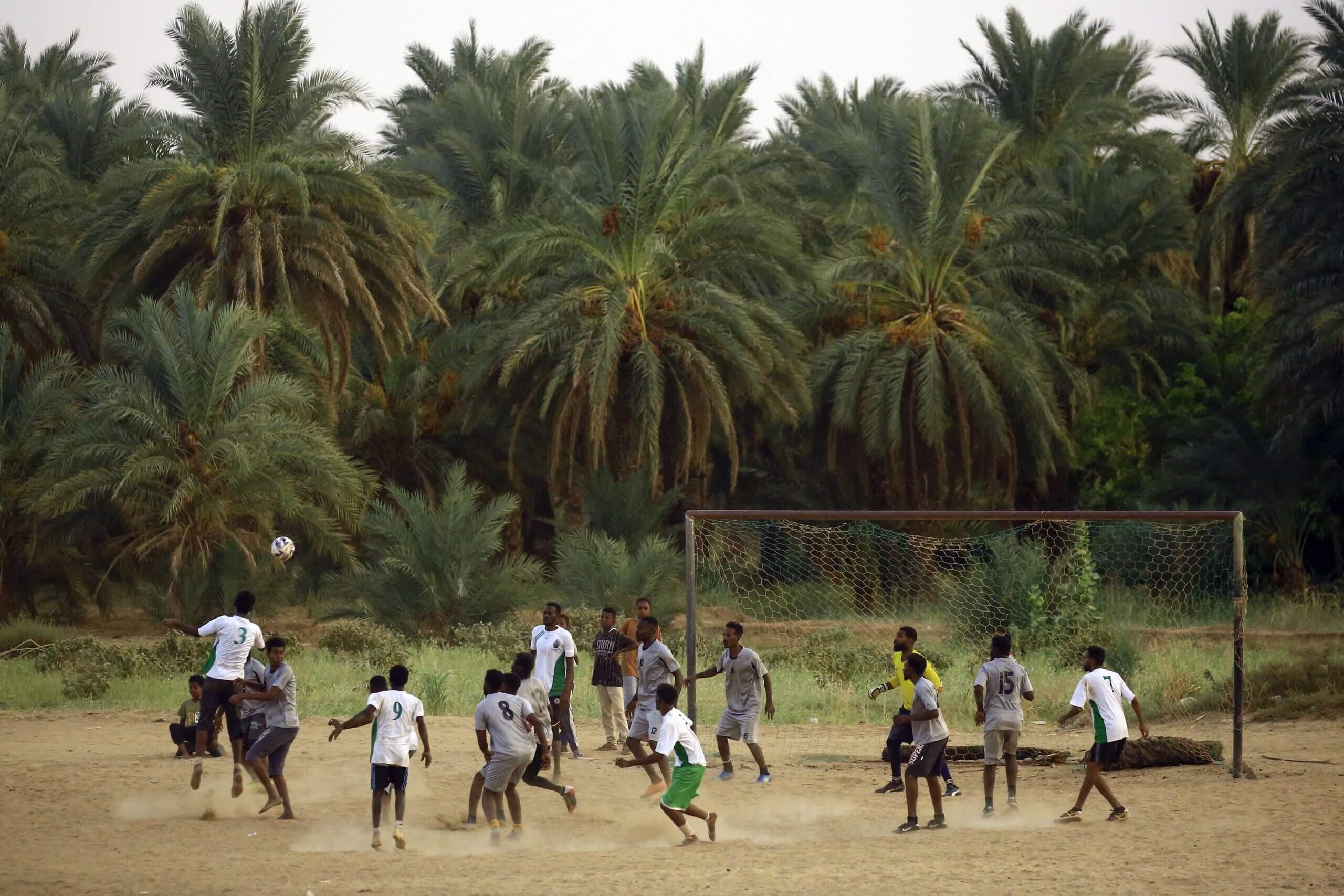We're loading the full news article for you. This includes the article content, images, author information, and related articles.
With their national league suspended by conflict, Sudan's top football clubs have been forced to compete in foreign leagues, a move that keeps the sport alive but highlights the devastating impact of the war on the nation's athletic and economic future.

In the wake of the brutal civil war that erupted in April 2023, Sudan's vibrant football culture has been forced into exile. The conflict between the Sudanese Armed Forces (SAF) and the paramilitary Rapid Support Forces (RSF) has not only caused a devastating humanitarian crisis, with millions displaced and tens of thousands killed, but has also brought the nation's most beloved sport to a standstill. Stadiums that once roared with the passion of fans have fallen silent, becoming casualties of a war that has shattered the country's infrastructure and daily life.
With the domestic league suspended indefinitely, Sudan's premier football clubs, including the nation's two giants, Al-Hilal and Al-Merrikh, faced an unprecedented challenge: find a way to keep playing or risk fading into obscurity. Their solution has been a nomadic existence, seeking refuge in the domestic leagues of other African nations to continue competing and preserve the spirit of Sudanese football.
The journey for these exiled clubs has seen them traverse the continent. For the current season, three top Sudanese clubs—Al-Hilal, Al-Merrikh, and Al Ahli Wad Madani—have been welcomed into Rwanda's top-tier league, a decision confirmed by the Rwanda Football Association. This follows a season where Al-Hilal and Al-Merrikh competed in Mauritania's Super D1 league, nearly 5,000 kilometers from their home city of Omdurman. Previously, Al-Hilal had also played in Tanzania's Vodacom Premier League. These arrangements, while allowing the clubs to remain active, underscore the profound disruption caused by the war.
The national team, the Falcons of Jediane, has also been forced to play its 'home' games on foreign soil, with Libya and South Sudan hosting recent matches. Despite these immense challenges, the national team has become a powerful symbol of resilience and unity for a fractured nation. Under the guidance of Ghanaian coach James Kwesi Appiah, appointed in October 2023, the team has achieved remarkable results in the 2026 World Cup qualifiers and secured a place in the 2025 Africa Cup of Nations. Their success offers rare moments of joy and national pride for Sudanese people at home and in the diaspora.
While Sudan's football crisis is centered within its borders, its ripples are felt across East Africa, including Kenya. Historically, the Sudanese Premier League has been a destination for top Kenyan talent, with striker Allan Wanga and midfielder Teddy Akumu having successful stints with Al-Merrikh and Al-Khartoum, respectively. The collapse of the league severs a potential pathway for Kenyan players and weakens the regional football ecosystem.
Furthermore, the conflict has created the world's largest displacement crisis, with over 12 million people uprooted from their homes. This has placed significant strain on neighboring countries, and Kenya has been a key location for high-level diplomatic talks aimed at resolving the conflict and addressing the humanitarian catastrophe. The presence of Sudanese refugees in camps like Kakuma in Kenya also highlights the human cost of the war, where football provides a crucial outlet and a sense of normalcy for displaced youth.
The exile of Sudanese football is more than a story about sports; it is a narrative of national identity, economic loss, and incredible resilience. The war has decimated a burgeoning sports economy that supported countless jobs and livelihoods. A promising pipeline of young talent, once destined for clubs in the Gulf and Europe, has been severed, representing a generational loss for Sudanese football.
For the displaced clubs and their scattered supporters, watching their teams compete via weak internet streams is a poignant act of defiance—a testament that the Sudanese spirit endures even as their homeland is ravaged by conflict. While the temporary inclusion in foreign leagues provides a lifeline, the long-term future of Sudanese football remains inextricably linked to the fate of the nation. Until peace is restored, the beautiful game in Sudan will continue to be played far from home, a symbol of both profound loss and unyielding hope.
Keep the conversation in one place—threads here stay linked to the story and in the forums.
Sign in to start a discussion
Start a conversation about this story and keep it linked here.
Other hot threads
E-sports and Gaming Community in Kenya
Active 9 months ago
The Role of Technology in Modern Agriculture (AgriTech)
Active 9 months ago
Popular Recreational Activities Across Counties
Active 9 months ago
Investing in Youth Sports Development Programs
Active 9 months ago